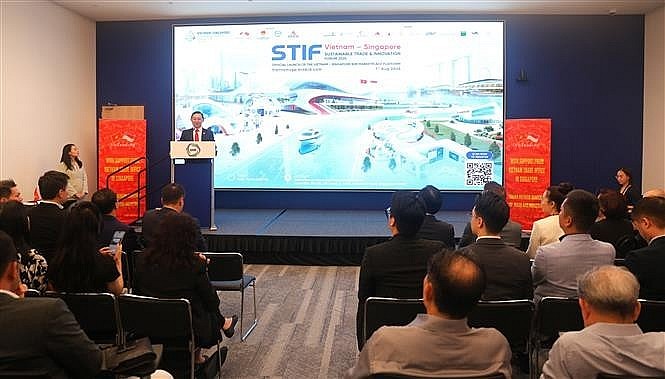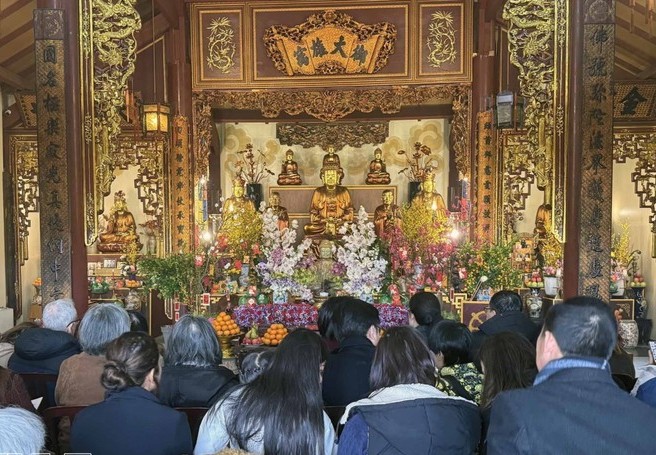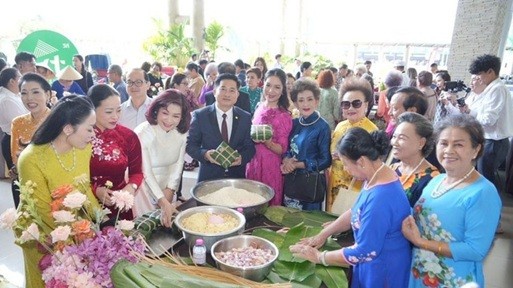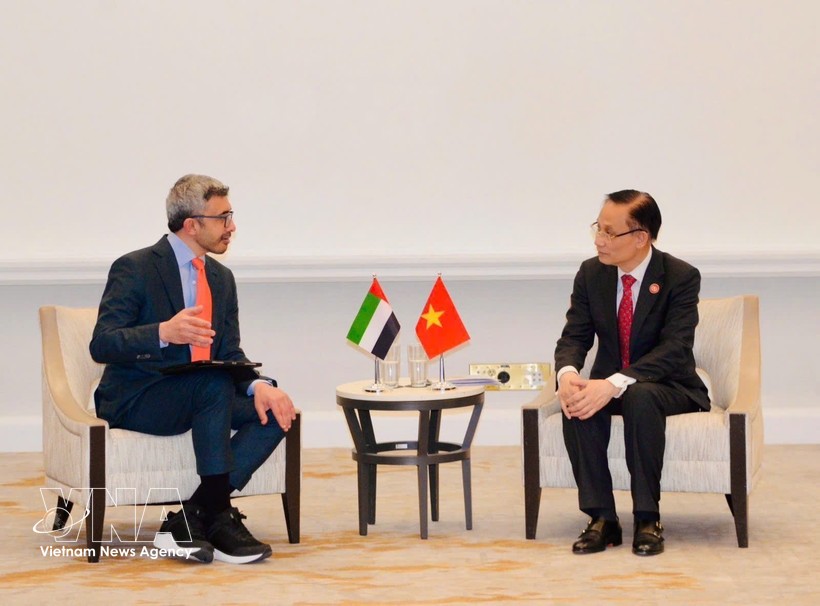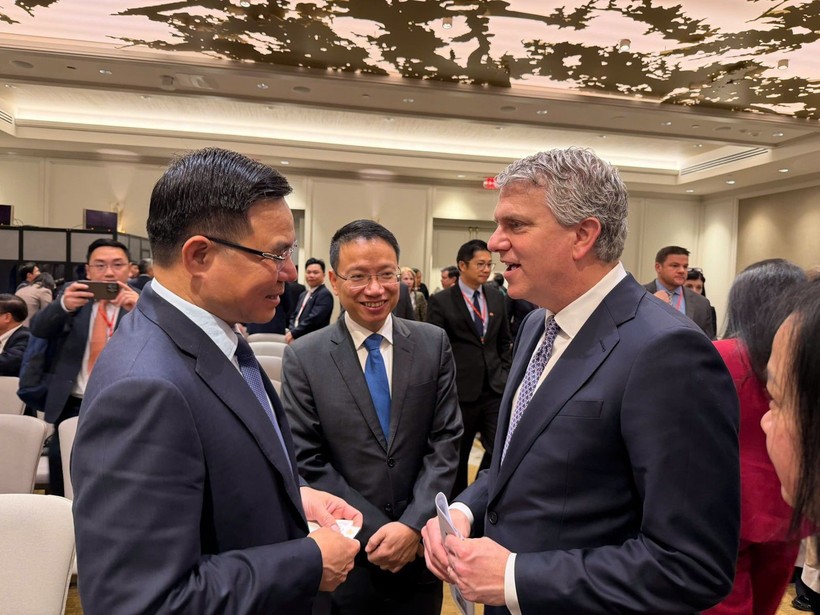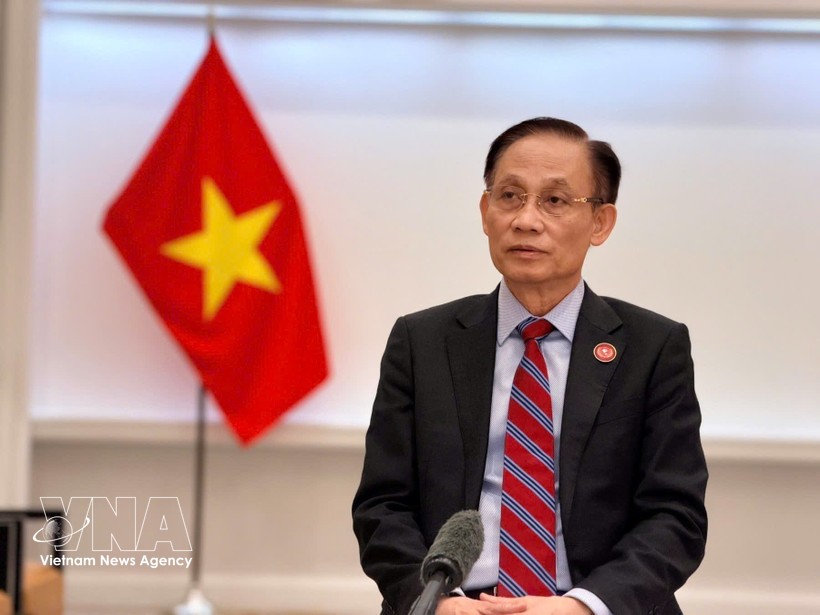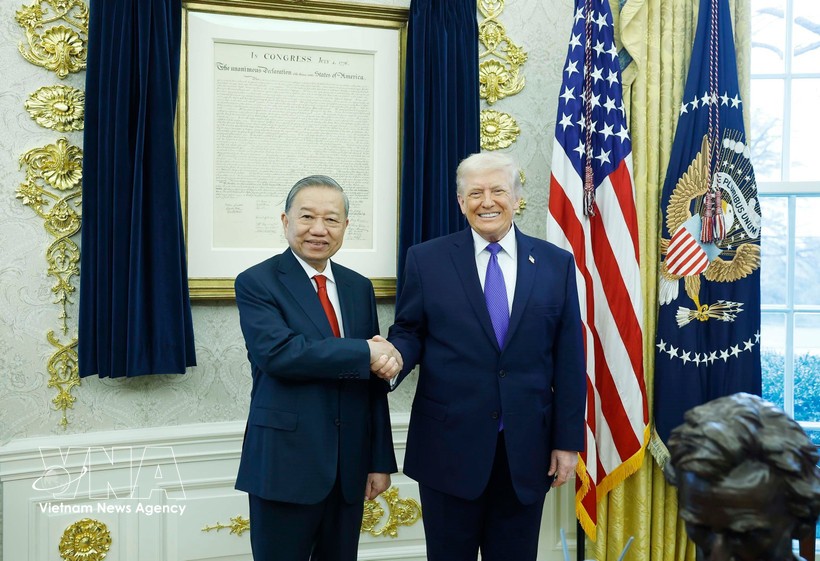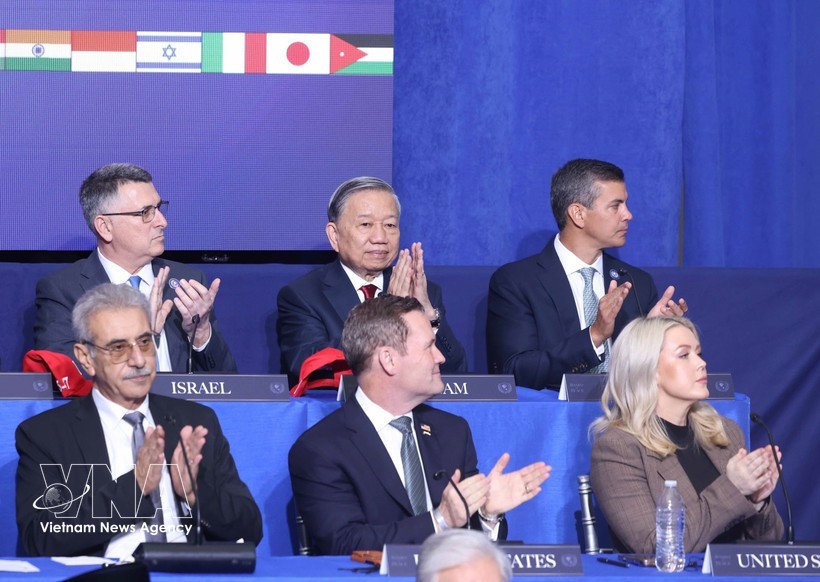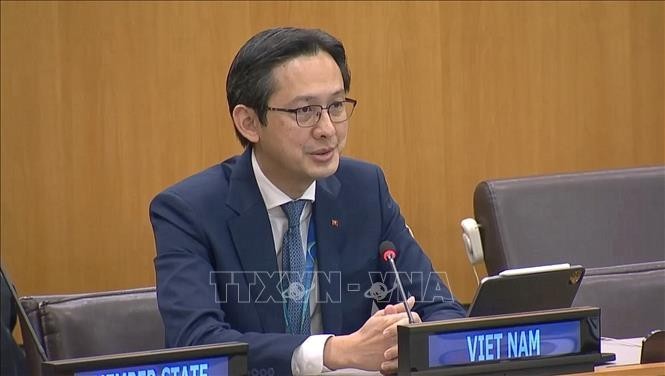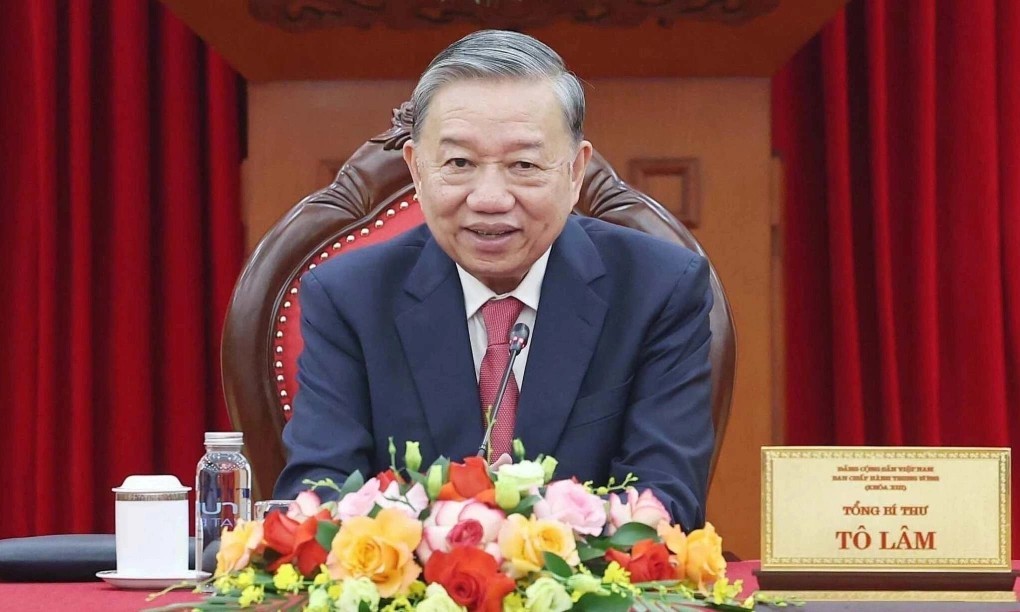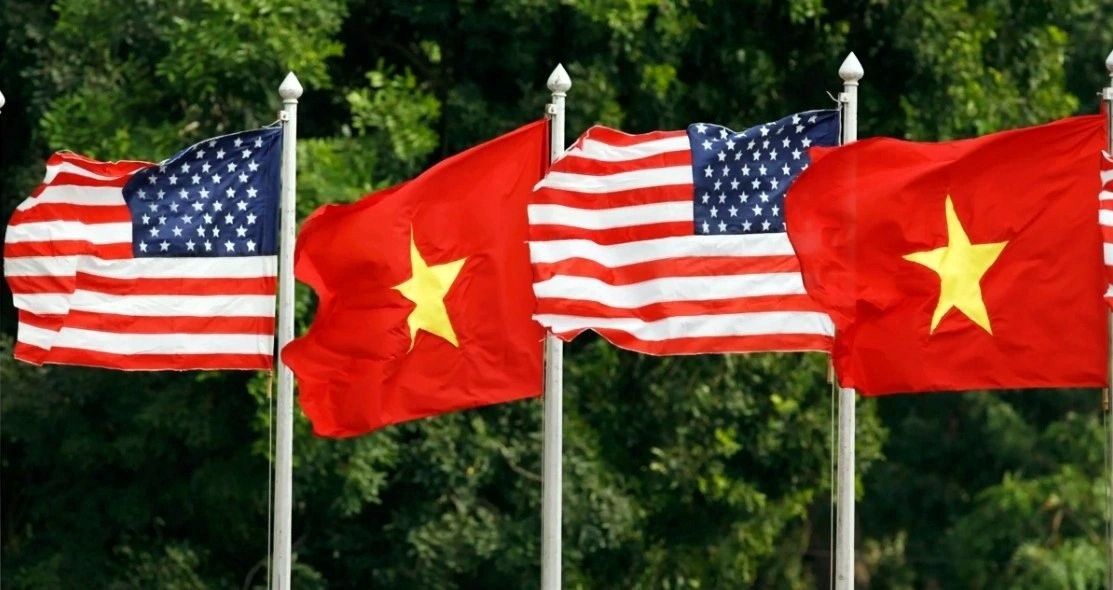Open visa policy – key to winning global tourism race
With an open visa policy, Vietnam will be able to enhance its appeal to international visitors, helping boost competitive edge and driving economic growth, according to insiders.
Cornerstone of tourism recovery
Vietnam's visa policy has made remarkable strides in recent years, with one of the most significant milestones being the approval of the law on amending and supplementing several articles to the Law on entry, exit, transit and residence of foreigners in Vietnam that took effect on August 15, 2023. Under this legislation, electronic visas (e-visas) now allow stays of up to 90 days, available for single or multiple entries, and apply to citizens of all countries and territories worldwide. This represents an unprecedented development in Vietnam's visa policy history.
Deputy Director of the Vietnam National Authority of Tourism Pham Van Thuy affirmed that the visa policy is one of the most critical tools in destination competitiveness, especially as countries are intensifying efforts to attract international tourists in the post-COVID era.
Vietnam’s e-visa system is now seen as one of the most efficient, convenient, and transparent in the region. Fully online registration, no paperwork or interviews, and fast and flexible processing time have improved foreigners’ entry experience, creating a competitive advantage over countries clinging to complicated and costly visa procedures.
Tourism visas serve not merely as administrative tools, but as a key that opens pathways for cultural exchange, investment growth, economic connectivity, and sustainable foreign currency revenue generation.
Additionally, bilateral visa exemptions are being put in place for 15 countries with stay periods ranging from 14 to 90 days, and unilateral visa exemptions for 12 developed nations including the UK, France, Germany, Italy, Spain, Nordic countries, Japan, the Republic of Korea, and Russia until March 14, 2028, with stays of up to 45 days.
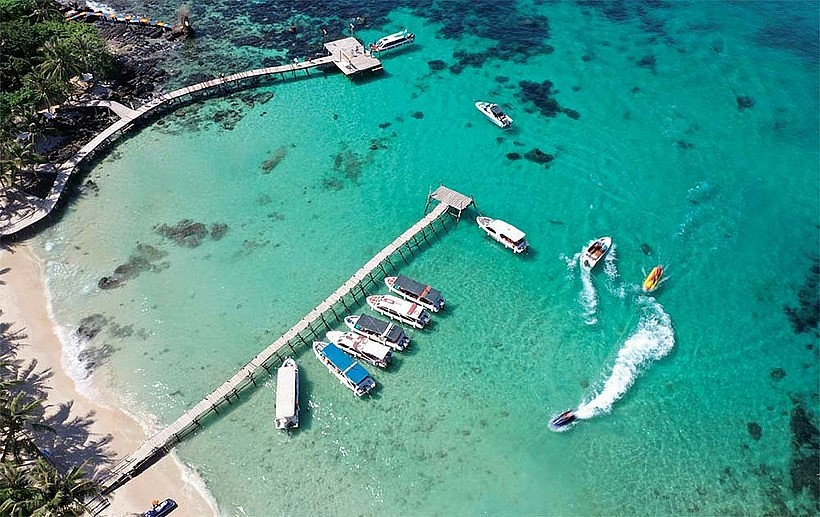 |
| Phu Quoc island is a favorite destination of both domestic and international visitors. (Photo: baodautu.vn) |
Earlier this year, the Government issued a resolution on piloting conditional short-term visa exemptions for citizens of Poland, the Czech Republic, and Switzerland from March 1 to December 31, 2025. This forward-thinking move not only opens potential European markets but also directly links with tourism stimulus programs, enabling Vietnamese travel firms to be more proactive in organising high-quality inbound tours. This model is expected to expand to other markets soon.
Closing gaps with regional competitors
Despite significant progress, Vietnam still lags behind regional countries. Currently, Malaysia offers visa-free access to citizens of 166 countries, Indonesia to 169, Singapore to 158, the Philippines to 157, and Thailand to 93.
Some countries also offer group visas at entry points, visas on arrival, or special exemptions for MICE (Meetings, Incentives, Conferences, and Exhibitions) travellers and air or sea transit passengers. Against the backdrop, Vietnam must accelerate reforms or risk losing ground in the global tourism race.
Visa policy only proves effective when it is integrated with well-organized promotion and marketing ecosystems. Recognising this, Vietnam's tourism industry is advancing a national brand positioning strategy called "Vietnam - Timeless Charm" and new initiatives like green experiences, profound culture, unique cuisine, and friendly people.
The Ministry of Culture, Sports and Tourism proposed establishing Vietnam tourism promotion offices in strategic markets. Simultaneously, it is developing a national digital tourism promotion ecosystem incorporating AI and big data while boosting tourism images through such digital platforms as Google, Facebook, and TikTok, VNA reported.
Additionally, the 2025 tourism stimulus program will include a harmonious communications campaign at home and abroad under the message of “Vietnam – Travel to Love” message”, said Thuy.
Along with traditional markets like Japan, the Republic of Korea, and China, Vietnam is targeting emerging destinations like India, the Middle East, and South America, which boast a fast-growing middle class, rising demand for overseas travel, and higher average spending.
According to insiders, simplifying entry procedures, expanding visa exemptions, and diversifying visa types are seen as “institutional vaccines” that will create a more attractive environment, creating a domino effect on related industries such as aviation, hospitality, retail, gastronomy, and culture.
While Vietnam has made promising steps, it should increase the number of visa-exempt countries, reduce visa fees, expand group visas, and link visa policy more closely with trade, investment, and education promotion.
In the long run, it is essential to create a coordination mechanism among the State, businesses, and diplomatic agencies to establish an innovative visa policy, insiders said.
2025 Vietnam–RoK Festival showcases strong cultural, economic bonds
Da Nang is playing host to the fourth Vietnam–Republic of Korea (RoK) Festival from August 1 to 3, welcoming thousands of residents and visitors to a vibrant celebration of culture, cuisine, sports, and commerce.
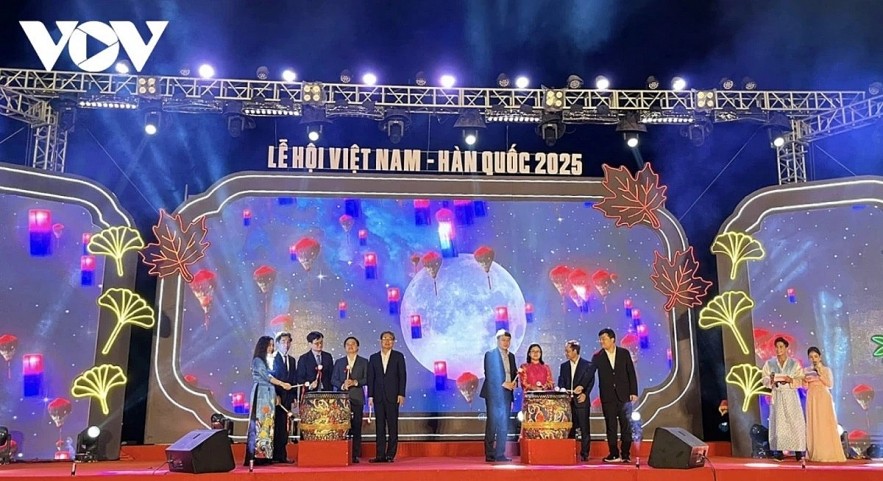 |
| At the opening ceremony. |
Held in commemoration of the 33rd anniversary of diplomatic relations between Vietnam and the Republic of Korea, the festival served as a powerful symbol of the deepening ties between Da Nang and its Korean partners, highlighting the growing friendship and multifaceted cooperation between the two sides.
Speaking at the opening ceremony on August 1, Tran Chi Cuong, Vice Chairman of the Da Nang People’s Committee, noted that the RoK has remained the city’s largest international tourism market since 2022. In the first seven months of 2025 alone, Da Nang welcomed a record-breaking one million Korean visitors, underscoring both the city’s growing global appeal and the strength of Vietnam–Korea relations.
He extended his appreciation to Korean representatives, businesses, and organizations that supported the festival, adding that their engagement is a solid foundation for strengthening the friendship, trust, and comprehensive cooperation between the newly expanded Da Nang and the RoK in this new era, cited VOV.
Meanwhile, Chang Hoseung, Minister Counselor and Consul General of the Korean Embassy in Vietnam, echoed this sentiment, expressing his hope that Da Nang will go on to become a key growth engine for Vietnam in various sectors.
He noted that many Korean localities, such as Gurye istrict and Daegu, participated in the festival to strengthen this partnership.
Beyond tourism, Da Nang is also a major hub for Korean investment. By 2024, Korean enterprises had invested in approximately 335 projects throughout the city, with a total capital of around US$2.2 billion.
The festival highlights the remarkable progress that both sides have made since first establishing diplomatic relations in 1992. The two countries have developed ties to become each other's third-largest trading partner, with a strong foundation built on mutual trust and benefit.
Efforts to connect and provide legal support for overseas Vietnamese
In an effort to innovate legal development and enforcement in line with Resolution No. 66-NQ/TW of the Politburo, the Hanoi Bar Association is gradually implementing and realising the goal of offering legal advice on both Vietnamese law and the host countries’ laws for overseas Vietnamese.
Aiming to provide free legal assistance for overseas Vietnamese
In recent years, in coordination with various agencies, organisations and mass associations, bar associations across Vietnam have carried out various activities to disseminate laws and provide legal aid to different target groups nationwide.
However, there remains a community of Vietnamese citizens living, studying and working abroad who also wish and need to receive legal support to address issues directly related to their lives overseas, as well as their legal relationships with Vietnam. These include matters such as repatriation, investment in Vietnam, property relations, inheritance, as well as issues concerning nationality, marriage and divorce, property ownership, employment, and business activities.
To meet this demand, the Hanoi Bar Association has launched an initiative to provide legal support for overseas Vietnamese through activities aligned with the professional functions of lawyers, in coordination with and supported by relevant agencies and organisations.
According to Huynh Phuong Nam, Vice Chairman of the Hanoi Bar Association, the association clearly defines that this legal aid initiative for overseas Vietnamese is non-profit. It prioritises support for vulnerable groups at risk of discrimination, such as manual laborers, domestic workers, women, Vietnamese brides, victims of violence, and children, as well as small and micro enterprises founded or run by overseas Vietnamese that are facing difficulties.
The forms of legal assistance are also flexible and diverse, given the geographical distances involved. Support may be provided through cooperative and joint activities, or via online legal dissemination to Vietnamese citizens residing in the host country.
Recently, the State Committee for Overseas Vietnamese Affairs under the Ministry of Foreign Affairs, in coordination with the Vietnamese Embassy in the Republic of Korea, the Hanoi Bar Association and the Gyeonggi Bar Association (the Republic of Korea), successfully organized a program to disseminate and clarify legal regulations for Vietnamese citizens currently living, studying and working in the Republic of Korea. This marks the first time a program offering free legal support on the laws and policies of both countries for overseas Vietnamese has been systematically implemented.
Key issues that attracted significant interest included labor contract regulations under Korean law, salaries, allowances, insurance, family law involving foreign elements, investment, and visa extensions.
“What makes this program different from previous ones we held at the State Committee for Overseas Vietnamese is that this time we provided direct legal consultations to individuals, not just to representatives of Vietnamese associations (who are mostly well-off businesspeople). It also involved local lawyers in the host country, giving overseas Vietnamese a local contact for support. More importantly, it covered both Vietnamese law and host country law, unlike before when we mainly focused on domestic regulations. We see this as a pilot model for long-term initiatives in other countries,” shared lawyer Huynh Phuong Nam.
According to the State Committee for Overseas Vietnamese, the communication and legal consultation program for Vietnamese citizens living, working and studying in the Republic of Korea is a practical initiative in response to Resolution No. 66 of the Politburo. At the same time, it contributes to enhancing the awareness and legal compliance of the Vietnamese community in the Republic of Korea with regard to both Vietnamese and Korean laws.
More cross-border legal support programs needed
“With only around two hours for consultation, it was clearly not enough, as many questions remained unanswered. If similar events are held in future, our community will be very pleased and grateful to the Embassy and the legal delegation,” said Pham Thi Mai Thuong, CEO of VietRise Company and project manager of ‘Vietnamese Street in the Heart of Seoul’, who attended the program.
Most Vietnamese participants considered the program highly beneficial, with topics closely aligned with the interests of the Vietnamese community in the Republic of Korea. “As someone running a business in the Republic of Korea, I personally pay attention to how remittances can be sent back to Vietnam, as well as to regulations on taxation, investment, and real estate law — even matters such as investing in companies in Vietnam or establishing a legal entity between Vietnam and the Republic of Korea,” Mai Thuong added.
According to Dao Tuan Hung, Chairman of the General Association of Vietnamese People in the Republic of Korea, the Vietnamese community's understanding of the law remains limited due to various reasons. Therefore, this legal consultation program was very useful, although the duration was rather short. He expressed his hope that, in the future, the Vietnamese community in the Republic of Korea will have more opportunities to collaborate with the Hanoi Bar Association and Korean lawyers to organize more in-depth programs and establish regular legal information channels to promptly provide legal advice and policy updates to overseas Vietnamese.
Clearly, legal support programs for overseas Vietnamese have become a vital pillar, helping them feel more confident when facing complex legal issues while affirming the attention and responsibility of relevant authorities in both countries in protecting the legitimate rights and interests of Vietnamese nationals abroad.
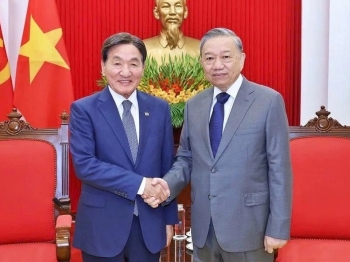 | Vietnam News Today (Jul. 30): RoK Reaffirms Vietnam as Top Priority Partner in Foreign Policy Vietnam News Today (Jul. 30): RoK reaffirms Vietnam as a top priority partner in foreign policy; Vietnamese official seeks stronger ties with Japan during high-level ... |
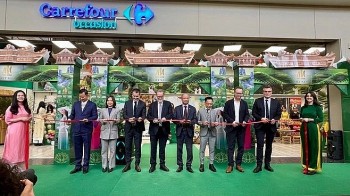 | Vietnam News Today (Jul. 31): EVFTA Spurs Economic Growth between Vietnam and France Vietnam News Today (Jul. 31): President Luong Cuong receives Special Envoy of RoK President; Top Vietnamese, Cuban legislators pledge stronger ties at Geneva meeting; Five ... |

